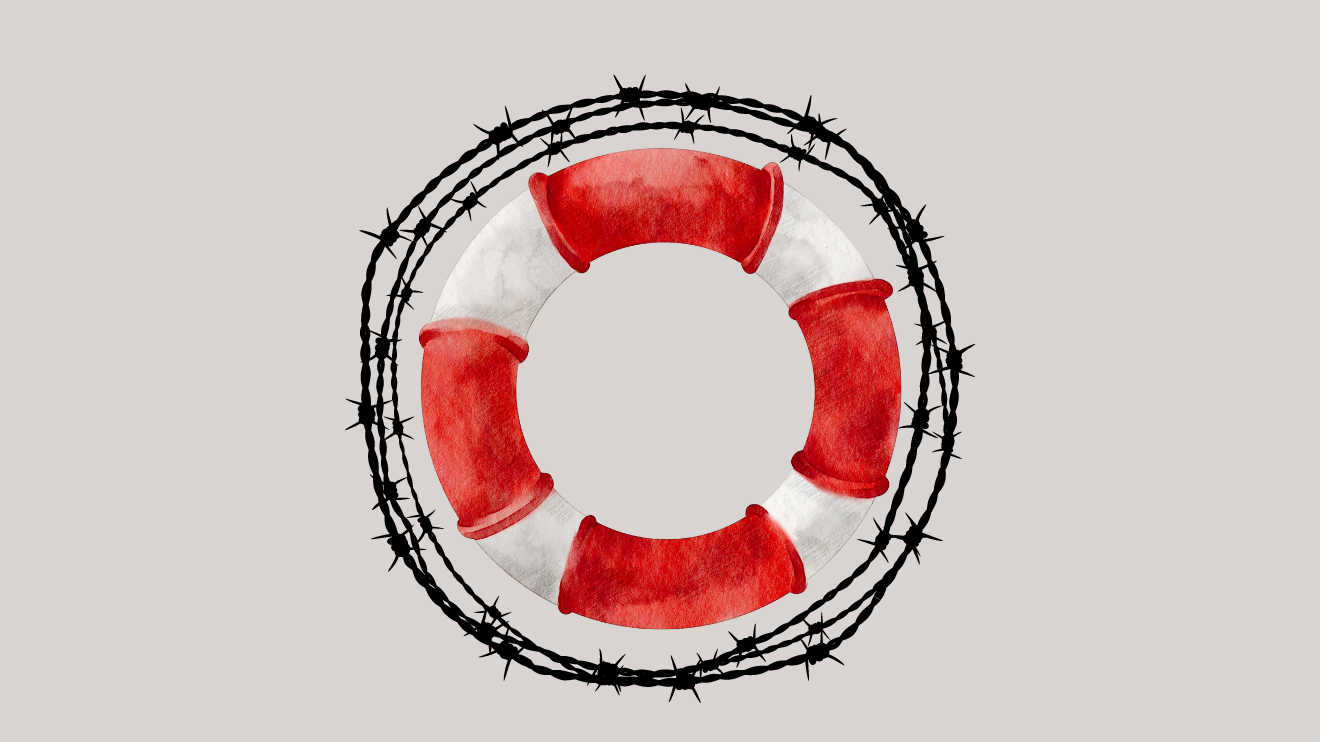
Survivor guilt
We need to talk about the psychological pain of those who survive mass layoffs.
“I keep wondering who lost their job so I could keep mine."
"We had an employee who had spent over 15 years in the company. I had dragged him from another city [to comply with] our company’s return-to-office mandate. His wife was now jobless. His children were just settling in their schools. He asked me on his way out, ‘At least you could have let me be in my hometown, how do I face my neighbours now?’”
"It feels awful to keep watching your back because you never know when it might happen again."
"Sometimes I think the empathy that makes me effective as an HR person has crumbled away in the face of these circumstances.”
Mass layoffs across sectors have made headlines around the world. The tech sector alone accounted for nearly a third of the estimated 700,000 people who were fired between 2022 and 2023 by US employers. There were brutal stories of people fired over email or Zoom calls, or being escorted out of office buildings by security with no advance warning. The carnage has continued this year, and with the looming spectre of job-eating AI, you can expect it to get bloodier.
While people who lose their jobs in mass layoffs often get the solidarity they need and deserve, we seldom pause to consider the plight of those left behind. Survivor guilt – the feeling that you are somehow responsible for the misfortune of others, that you undeservedly evaded disaster, and that you didn't do enough to help those who weren't as lucky – is a painful and potentially debilitating condition. While it was originally used to describe the psychological pain of the survivors of the Holocaust and later the AIDS epidemic, it is increasingly relevant in the workplace as well. If unchecked, survivor guilt can be a risk factor for depression and even contribute to suicidal behaviour.
I have friends who have survived layoffs and struggled with the nightmare soup of guilt and fear over their own jobs, and I wondered why we don't speak more about this unique agony. Kammie Sumpter of Welcome to the Jungle also thought this silence needs to be broken. Kammie invited me to write what I consider one of my more meaningful stories on the intersection of work and mental health, featuring emotionally wrenching interviews with layoff survivors and research insights on how companies can better handle layoffs.
Read it below for free:
PS: If you need help, this website has information on mental health professionals across the world.

If you are a survivor, I hope you find validation for your feelings in this story. And that you get support and healing as much as your colleagues battling to rebuild their livelihoods.
And if you are a boss administering layoffs: Stop flinging people out of work like they are flies in a tea cup. Communicate well. Create fair processes. Support survivors as well as those laid off.
Dead office buildings don't preside over mass layoffs. You – living, breathing human beings – do. Stop hiding behind the "business is cold and impersonal" bullshit. No one's buying it.
Until next time, may sanity be with you.
-- Tanmoy
You may also like






